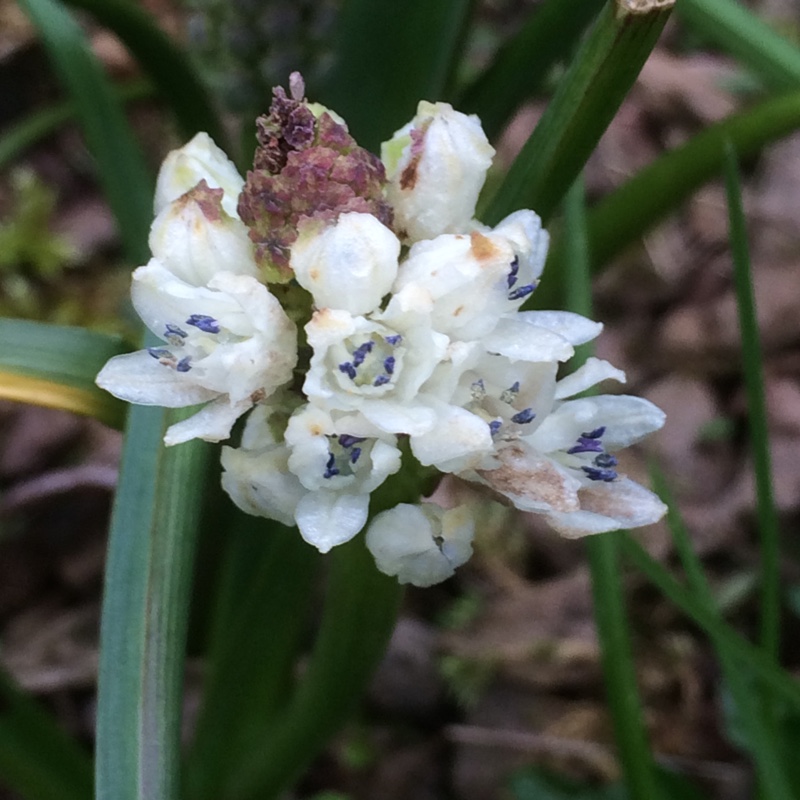
Bellevalia romana
Roman Squill
Bellavalia are bulbous perennials that originate from the Mediterranean regions, and Middle East. Quite similar to Muscari, the they form strap like grass foliage and grape-like inflorescences appear on flower stems. They are generally easy to cultivate and there are many species in this genus.
Contributed by @tiggrx
-
Full sun to partial shade
-
Very little water
-
Frost Hardy: 23F (-5°C)
-
Light and free draining
Common name
Roman Squill
Latin name
Bellevalia romana
type
Bulb
family
Asparagaceae
ph
6.0 - 8.0 Acid - Neutral
Plant & bloom calendar
-
Best time to plant
-
When the plant will bloom
full grown dimensions
 0.05 M
0.20 M
0.05 M
0.20 M
Bellevalia romana
Bellavalia are bulbous perennials that originate from the Mediterranean regions, and Middle East. Quite similar to Muscari, the they form strap like grass foliage and grape-like inflorescences appear on flower stems. They are generally easy to cultivate and there are many species in this genus.
Flowering
From Early Spring TO Late Spring
Bellevalia flower in the spring, and will bring a variety of blues, whites and lavender colours to the border.








